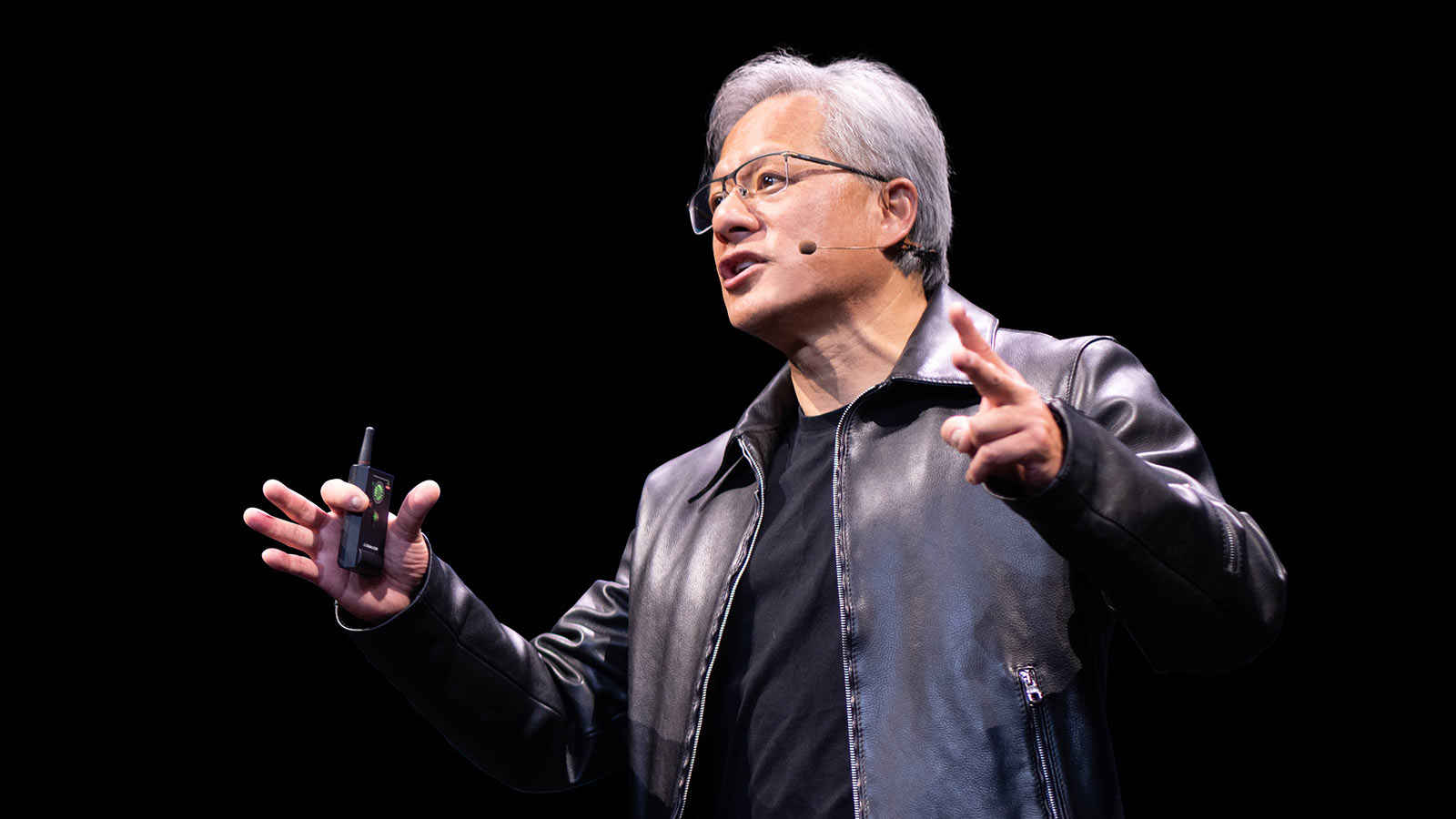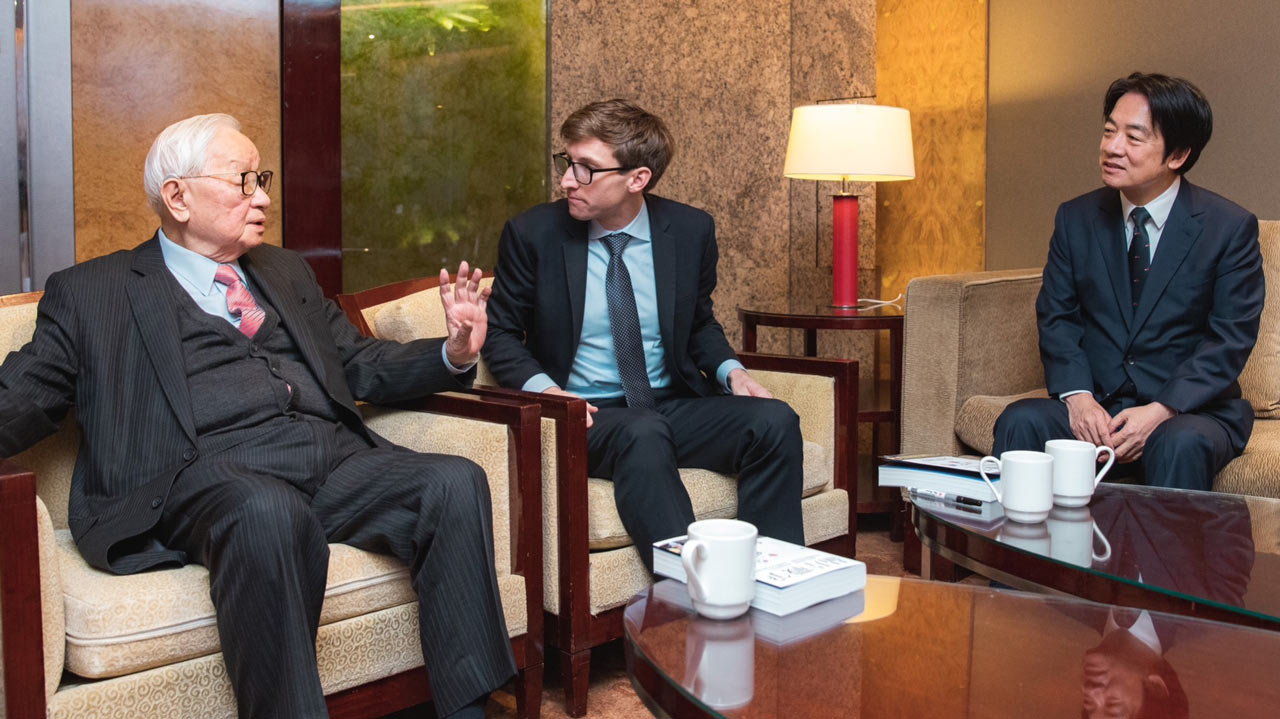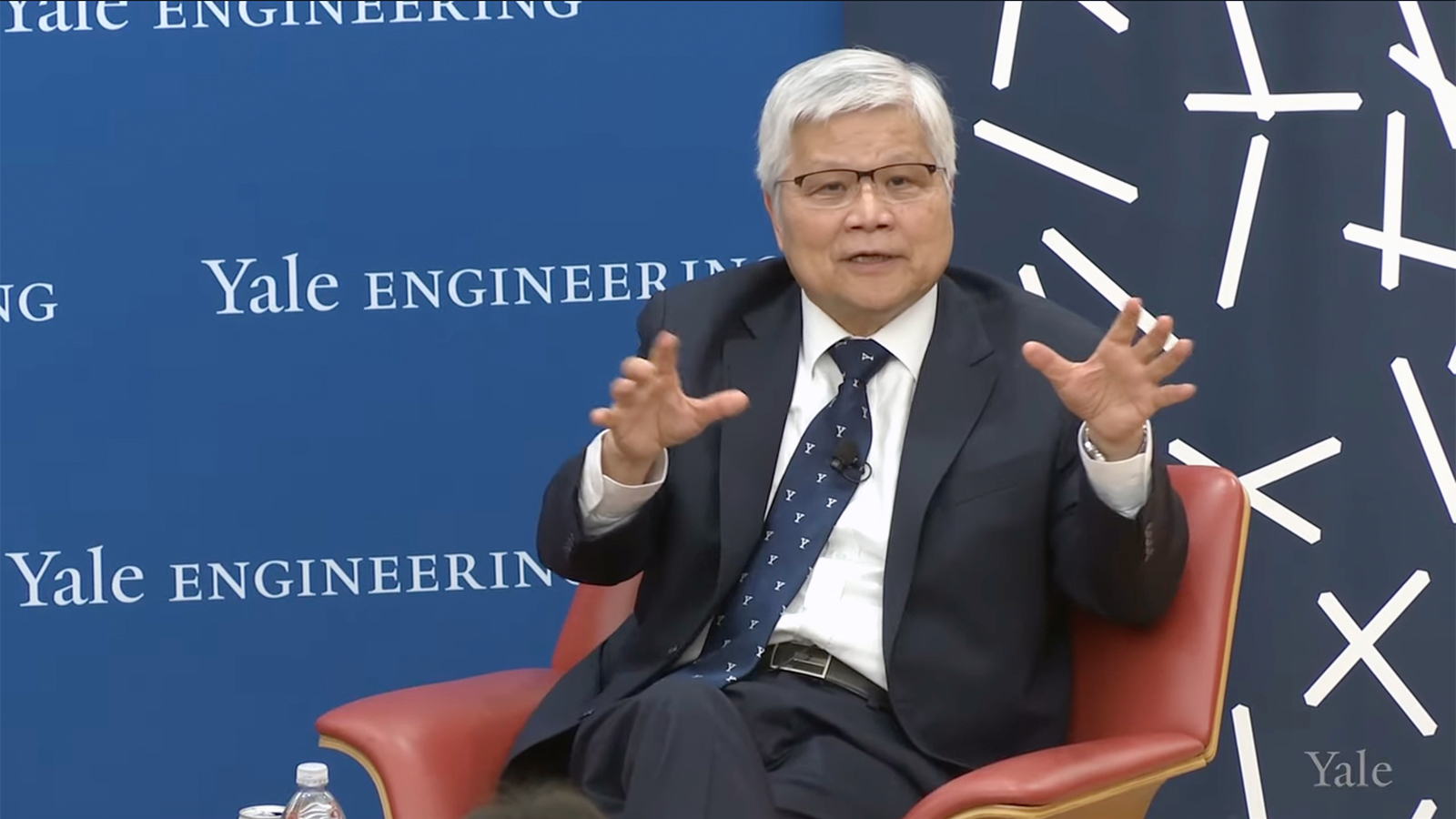TSMC founder once asked Nvidia CEO Jensen to be TSMC's CEO — upcoming Morris Chang biography shares the details
Jensen Huang was apparently not interested

Right now, Nvidia is the most valuable company on the planet by market capitalization and is among the biggest companies in the world in terms of sales. However, 10 years ago Nvidia was not the behemoth that it is today, and this is when Morris Chang, the founder of TSMC, asked Jensen Huang, the chief executive and a co-founder of Nvidia, whether he was interested in becoming CEO of TSMC, according to the soon to be published biography of Morris Chang (via @Wenyee_Lee).
The year was 2013. After returning to TSMC's CEO role in 2009 amid the global economic turmoil, boosting CapEx to meet future demand, and landing Apple as TSMC's major client, Morris Chang, then aged 82, began to look toward his succession plan. He considered two options. One was to appoint an outsider with a track record of success, and Jensen Huang was certainly a good candidate, as he created one of the major companies that commanded 60% of the global GPU market and was expanding to data centers, smartphones, and consumer electronics. The other option was to promote someone from within the company—an option he was perhaps not entirely happy about, given that he had to oust Rick Tsai, who was the head of TSMC from 2005 to 2009, due to struggles with TSMC's 40nm process technology and workforce adjustments amid the economic crisis.
Jensen Huang was not particularly interested in becoming CEO of TSMC. In 2013, Nvidia offered its extremely competitive Kepler-based line-up of GPUs, expanded its Tegra line-up with a new unit, introduced its Shield game console, and continued its march into data centers. As a sign of confidence in Nvidia's future, Huang announced plans to build a larger headquarters to the west of the company's existing HQ.
As a result, Chang had to opt for Plan B, which involved appointing C.C. Wei and Mark Liu as Co-CEOs and establishing a 'dual-leader system' in 2013 in an attempt to transform both executives from engineers to businessmen. Eventually, when Morris Chang retired from active roles in 2018, Mark Liu became the chairman of the board, and C.C. Wei became the chief executive.
In late 2023, Mark Liu decided to leave the company — some say due to delays with Fab 21 in Arizona — to focus on his personal life and family, whereas C.C. Wei took on the combined roles of chairman and chief executive officer. At TSMC, the chairman is responsible for business relationships and strategic directions, which, in Liu’s case, meant expansion beyond Taiwan in response to geopolitical challenges. Now, C.C. Wei is responsible for everything, from strategic directions and geopolitical challenges to business relationships and day-to-day operations.
Interestingly, Jensen Huang is also both the chairman and CEO of Nvidia. His strategic vision for data centers and AI was instrumental in making Nvidia the most valuable company by capitalization on the planet. Ironically, Nvidia's success in the AI sector has made the company a major geopolitical player. Today, Huang has to navigate tensions between the U.S. and China to ensure that his company continues supplying customers in China while complying with U.S. restrictions.
Get Tom's Hardware's best news and in-depth reviews, straight to your inbox.

Anton Shilov is a contributing writer at Tom’s Hardware. Over the past couple of decades, he has covered everything from CPUs and GPUs to supercomputers and from modern process technologies and latest fab tools to high-tech industry trends.

